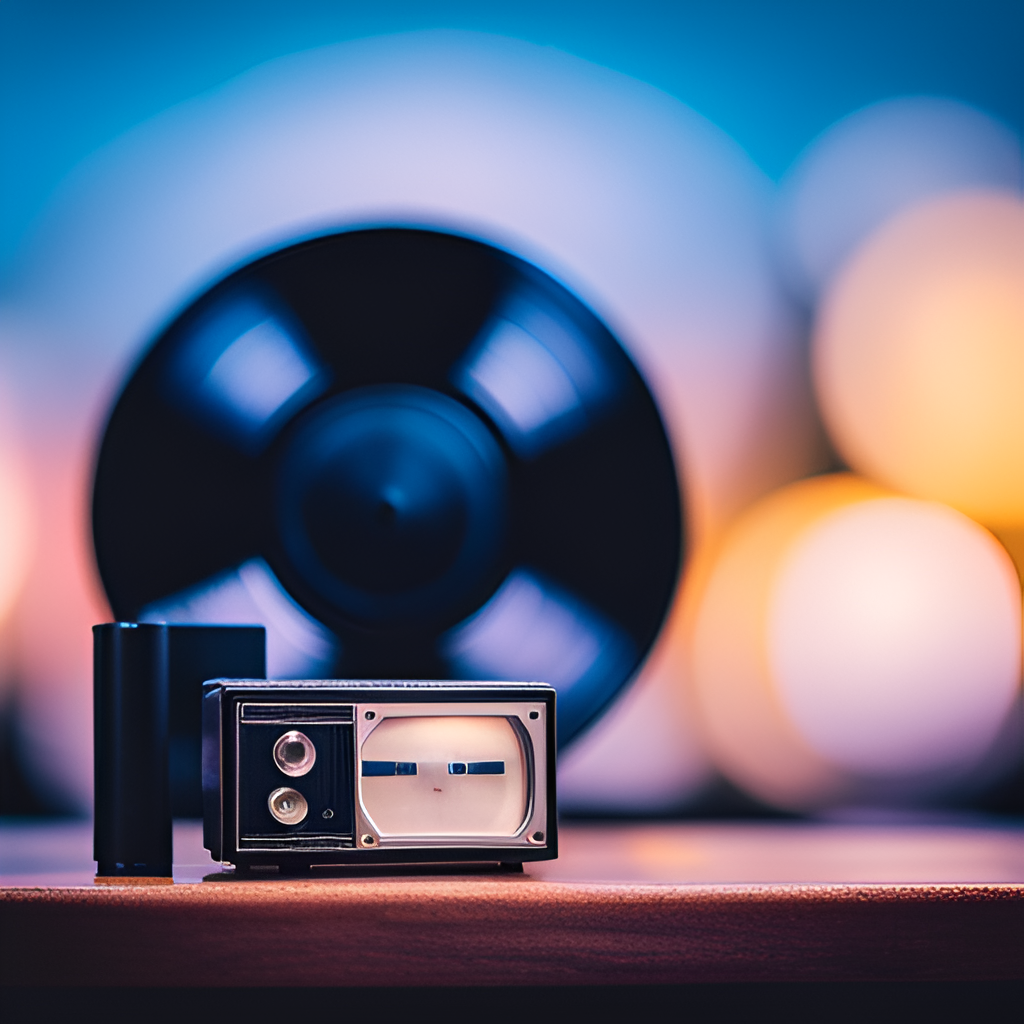
Let's Dive into the Fascinating Relationship Between Vintage Televisions and Radios
Share
The Golden Era of Entertainment
When it comes to vintage technology, few items evoke the same sense of nostalgia as televisions and radios. These devices were the cornerstones of entertainment for generations, providing people with access to news, music, and shows from around the world. But did you know that televisions and radios have a fascinating relationship that helped shape the way we consume media to this day?
The Birth of Radio
The story of radio begins in the late 1800s, when a number of inventors and scientists began experimenting with wireless communication. It wasn't until the early 1900s that radio technology became advanced enough to be used for entertainment purposes. Suddenly, people could tune in to live broadcasts of music, news, and sports from around the world.
Radio quickly became a cultural phenomenon, and by the 1920s, nearly every household had a radio set. Families would gather around the device to listen to their favorite shows, creating a shared experience that brought people together.
The Rise of Television
Television, on the other hand, didn't become popular until the 1950s. While the technology had been around since the 1920s, it wasn't until the post-World War II boom that televisions became affordable for the average person. Suddenly, families could watch live shows and news broadcasts in their own homes, rather than gathering around a radio set.
Television quickly became the dominant form of entertainment, and by the 1960s, nearly every household had a TV set. The device had a profound impact on popular culture, shaping the way we consume media and influencing everything from fashion to politics.
The Relationship Between Radio and Television
Despite their differences, radio and television have always had a close relationship. In fact, many of the early TV shows were adaptations of popular radio programs, such as The Lone Ranger and The Jack Benny Program.
Radio also played a crucial role in the development of television. In the early days of TV, many shows were broadcast live, just like on the radio. This meant that actors had to be able to perform on both mediums, and many radio stars made the transition to television.
The Legacy of Vintage Televisions and Radios
While modern technology has rendered vintage televisions and radios obsolete, they still hold a special place in the hearts of many. These devices were the gateways to a world of entertainment that helped shape our culture and society. They remind us of a simpler time when families would gather around a radio set or a TV to share a moment together.
So next time you come across a vintage television or radio, take a moment to appreciate the role they played in the history of entertainment. They may be relics of the past, but they'll always hold a special place in our hearts.
